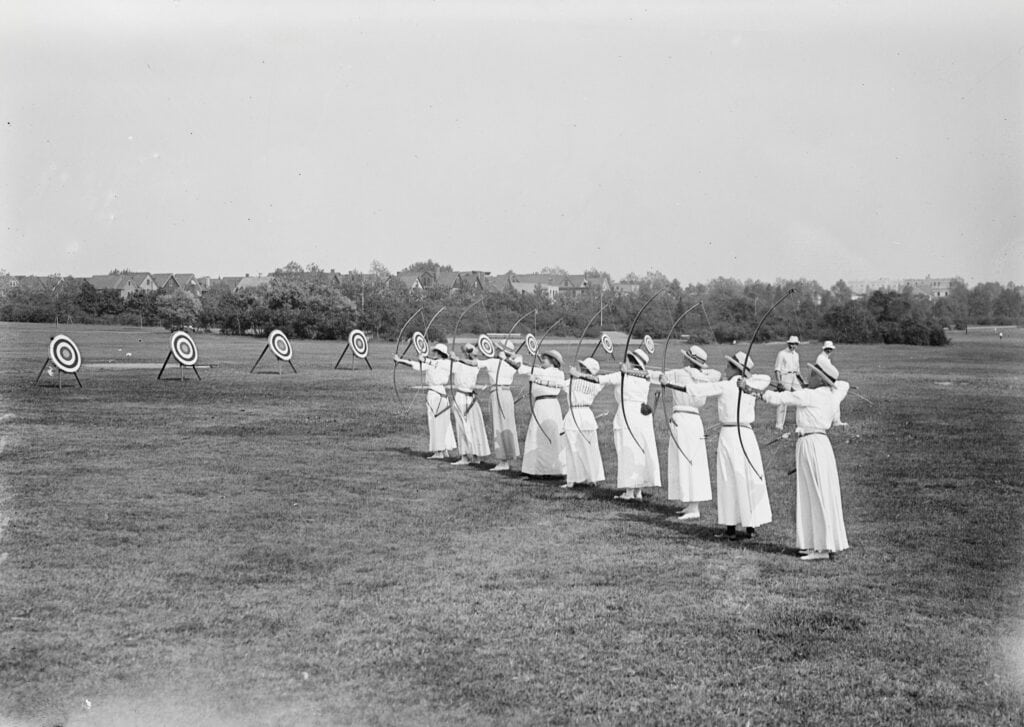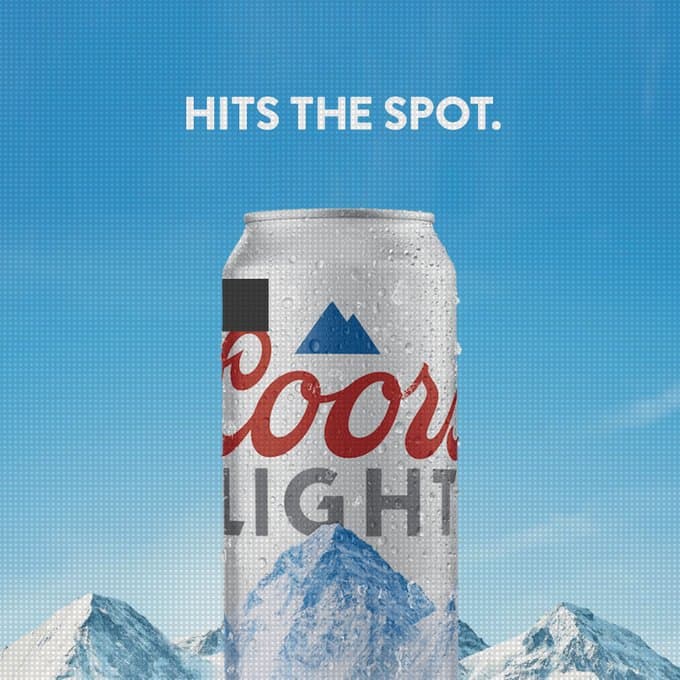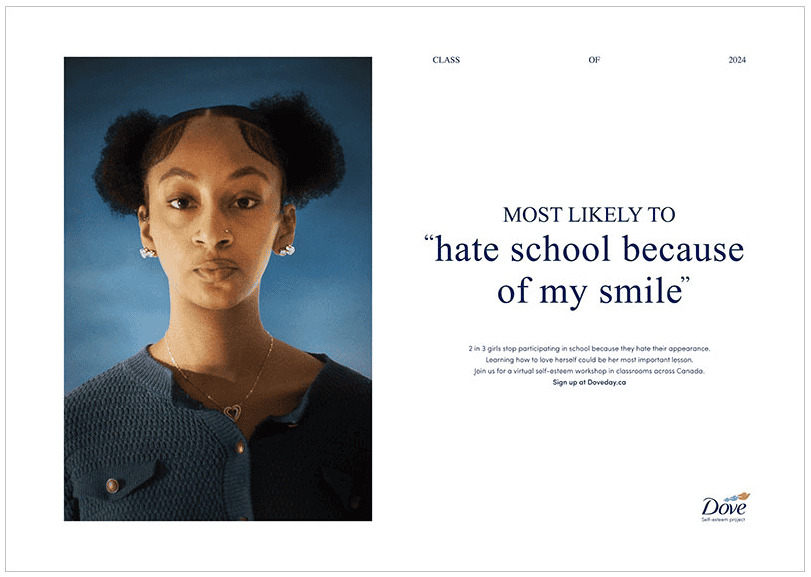Casinos and gambling have long been woven into the cultural fabric of societies worldwide, and in the U.S., they have followed a particularly tumultuous trajectory. From the Puritans’ prohibition on dice in the 1600s to the modern-day rise of sports betting apps, the gambling industry’s evolution has been marked by innovation, controversy, and an ever-increasing accessibility. This blog explores the changing landscape of casinos and gambling, the innovative marketing tactics that have driven their growth, and the broader implications for society.
The Rapid Availability of Gambling
Growing up in a casino family, my love for casinos was established early. I learned to play poker at the age of seven, spent childhood trips exploring arcades in casinos, and even received lottery tickets as stocking stuffers. However, this personal affection for casinos does not blind me to their darker side. Like the opioid crisis fueled by OxyContin marketing, gambling addiction is on the rise, driven by increasingly accessible gambling opportunities.
The statistics are startling. Since the Supreme Court’s 2018 decision to allow sports betting, 38 states have legalized the practice, with 30 of them enabling online betting. Additionally, 13 states now permit online casinos, allowing anyone to play blackjack from their living room. With this rapid expansion, casino marketing has shifted from traditional billboards to social media, TV, and even search engine marketing.
A Historical Perspective
Gambling has existed for as long as recorded history, from sailors gambling on Columbus’ ships to the establishment of the first legal casino, Crescent City House, in New Orleans in 1827. Despite frequent shifts in legality, gambling institutions have always adapted to find loopholes and survive. For instance, when Illinois outlawed gambling in 1902, Chicago’s Big Jim O’Leary launched the first gambling boat to operate legally in Lake Michigan. Similarly, slot machine distributors in 1915 camouflaged their products as ordinary wall fixtures to evade detection.
By 1988, the Indian Gaming Regulatory Act opened the door for casinos on Native American reservations, fueling a casino boom. Today, with roughly 2,000 casinos across the U.S., the industry’s focus has shifted from battling regulatory issues to attracting and retaining customers.
Marketing Evolution: From Slots to Experiences
Historically, casinos catered primarily to older generations with disposable income, relying on the “Field of Dreams” model: “If you build it, they will come.” However, increased competition in the 2000s led to innovative campaigns like Las Vegas’ iconic “What Happens Here, Stays Here.” This tagline, launched in 2003 by R&R Partners, rebranded Las Vegas as a hub of adult freedom and empowerment, resonating deeply with a generation seeking escape and indulgence.
As Millennials matured, the campaign was updated to “What Happens Here, Only Happens Here,” emphasizing unique experiences. Millennials’ preferences have forced casinos to pivot away from gaming-centric messaging. Research shows Millennials allocate only 30% of their casino spending to gaming, compared to 80% for Boomers and Gen Xers. Instead, they prioritize food, entertainment, and non-gaming services, leading casinos to invest in headline acts, luxurious pools, and Instagram-worthy attractions.
For example, Fontainebleau Las Vegas’ restaurant Papi Steak offers a $1,000 Wagyu tomahawk steak served in a diamond-encrusted briefcase with flashing lights and music. This spectacle has generated a 784% sales increase through free social media exposure, exemplifying how casinos are marketing experiences over games.
The Rise of Sports Betting Apps
The gambling landscape shifted dramatically in 2018 with the legalization of sports betting. The subsequent explosion of sports betting apps has been unprecedented. Giants like DraftKings, FanDuel, and BetMGM dominate the market, alongside regional players catering to specific states. These apps operate 24/7, offering bets on everything from amateur boxing to ping-pong championships.
The competition among these apps is fierce, with marketing budgets reflecting their high-stakes nature. In 2023, DraftKings spent $600 million on advertising, while FanDuel and Bet365 allocated over $500 million each. Initially focused on acquiring new users through promotions like “no sweat” sign-up bets, these apps are now investing heavily in retention and engagement. Personalized notifications, special deals, and influencer partnerships are common tactics.
However, this high-spend model is not without challenges. Customer acquisition costs range from $250 to $750, and only FanDuel has reported profitability. DraftKings, for example, is grappling with $1.2 billion in debt, underscoring the financial risks of the industry’s aggressive strategies.
Navigating the Challenges Ahead
The future of casinos and sports betting apps presents a mixed picture. Casinos have successfully adapted to shifting demographics by emphasizing experiences over gambling. Their focus on creating unique, shareable moments aligns with the preferences of younger generations, ensuring their relevance in a competitive market.
In contrast, sports betting apps face significant hurdles. As competition intensifies and profitability pressures mount, these platforms may resort to increasingly aggressive tactics, reminiscent of the cannabis industry’s maturation. Notifications, social media ads, and messaging promoting unrealistic financial gains could become more prevalent, potentially exacerbating gambling addiction.
For consumers, understanding these dynamics is crucial. While casinos are becoming more about entertainment and experiences, sports betting apps are venturing into ethically murky waters. Vigilance and informed decision-making are essential to navigating this evolving landscape responsibly.
What’s Ahead For Casino’s & Gambling Apps
Gambling’s history is a testament to human ingenuity and adaptability, but its evolution comes with significant societal implications. The rise of accessible gambling opportunities, from online casinos to sports betting apps, highlights the need for balanced regulation and ethical marketing practices.
For marketers, the lessons are clear: focus on understanding your audience, innovate within ethical boundaries, and prioritize long-term sustainability over short-term gains. Whether building a brand for a casino or a sports betting app, the future will belong to those who can balance profitability with responsibility.


















